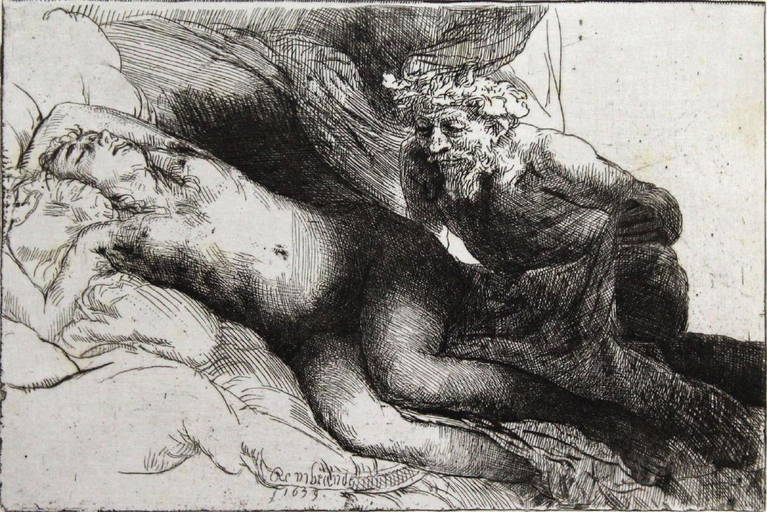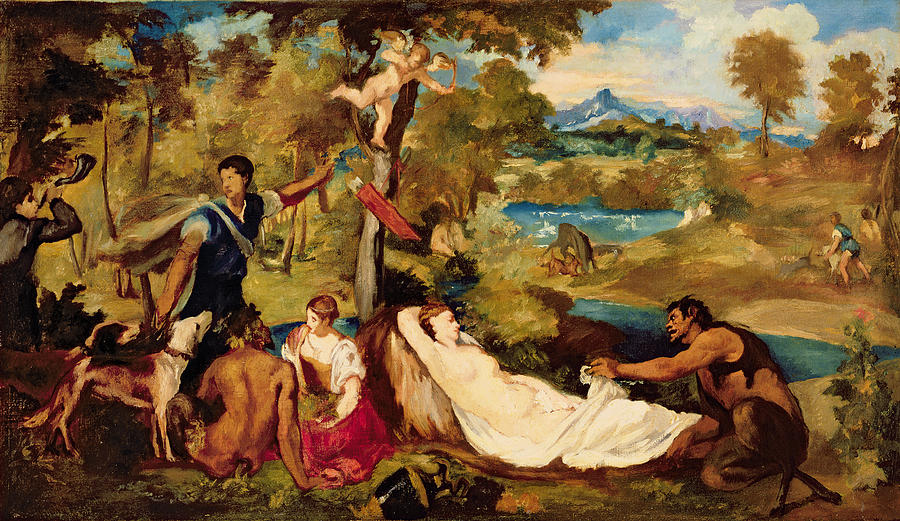


At the climax of the book, Grenouille murders a young virgin girl and creates a perfume with her scent. Unlike any part of the book before this, Grenouille's sense of smell was only ever seen as a flaw.
Scent is constantly used as a metaphor for power, class, and beauty.
Scent in the book signifies a person’s character, so with Grenouille lacking such a crucial trait, it ultimately meant that he had no identity. Because of this, Grenouille had limited outlets of expression. The only thing that truly captivated Grenouille was his second nature, smell. Just like people looked down upon people of low class or social status, Grenouille was seen as unimpressive and unattractive simply because of his inherent disadvantage. On the other hand, the most desirable people were mostly clean, innocent people with elegant scents. Status in the book is your smell. Patrick Süskind critiques the way that people in society typically judge someone based on their looks. The way that Süskind does this is by almost creating a class system with the scents of France; the most beautiful garnering the most attention, and the vulgar being compared to rotting fish on the side of the road. Grenouille struggled with being deserted when he was left alone at birth, but also with how terribly he was treated by the people that knew of his incredible sense of smell. Grenouille's character and ideals are not the same as the other’s mentioned in the novel, and they shun him for it. The way that Grenouille views the world is through his sense of smell, his affection and art is through smell.
In Yanna Popova’s analysis of the book, written for SageJournals, she notes that "We see and know through our eyes, and a representation of the world through an alternative modality should resort to equally alternative ways of expression. “ (Popova, Yanna B.) This is an explanation to how Grenouille has an alternate perspective on life, because he “sees” through his nose instead of his eyes. What would typically be seen as a “gift” was then a reason for those who knew him personally to call Grenouille demonic (Celine Ling). Making perfume gave Grenouille purpose, but also meant that he had to kill. Grenouille's undeniable scorn for humanity only further justified the murders by fulfilling both his need for purpose and control.



